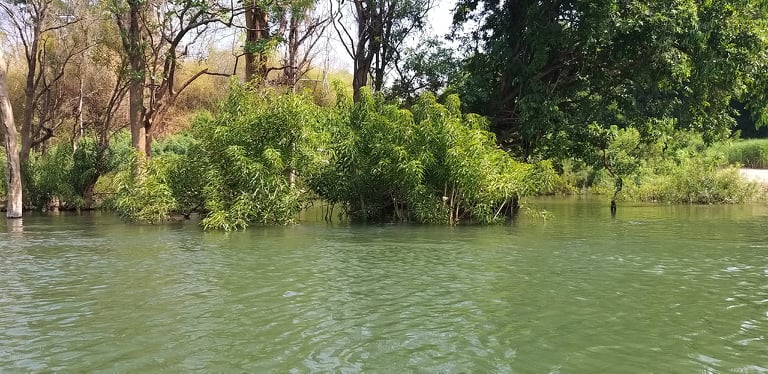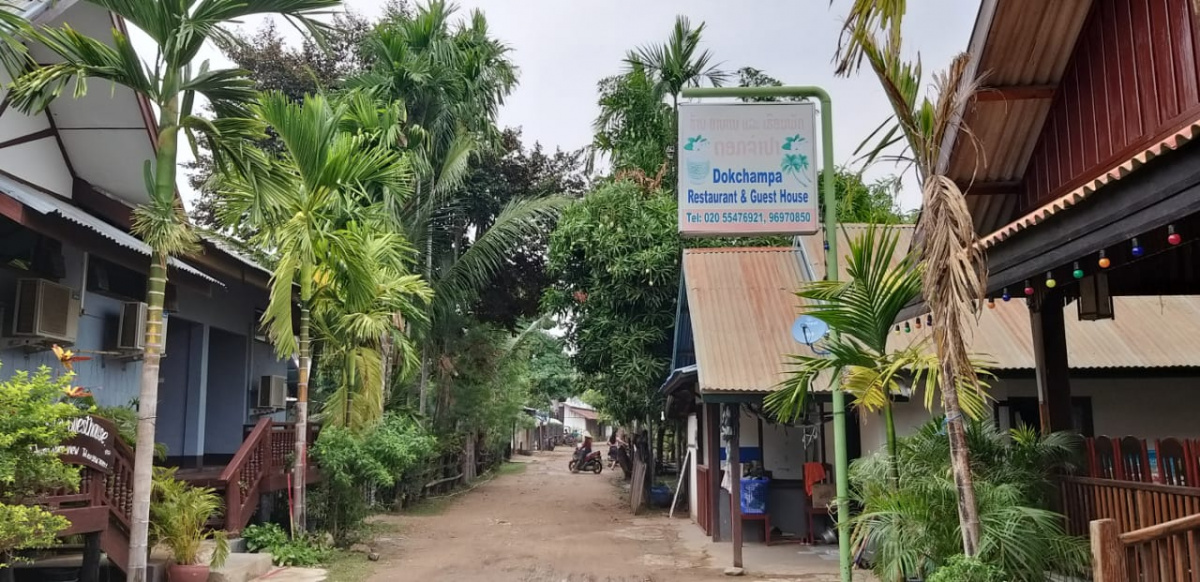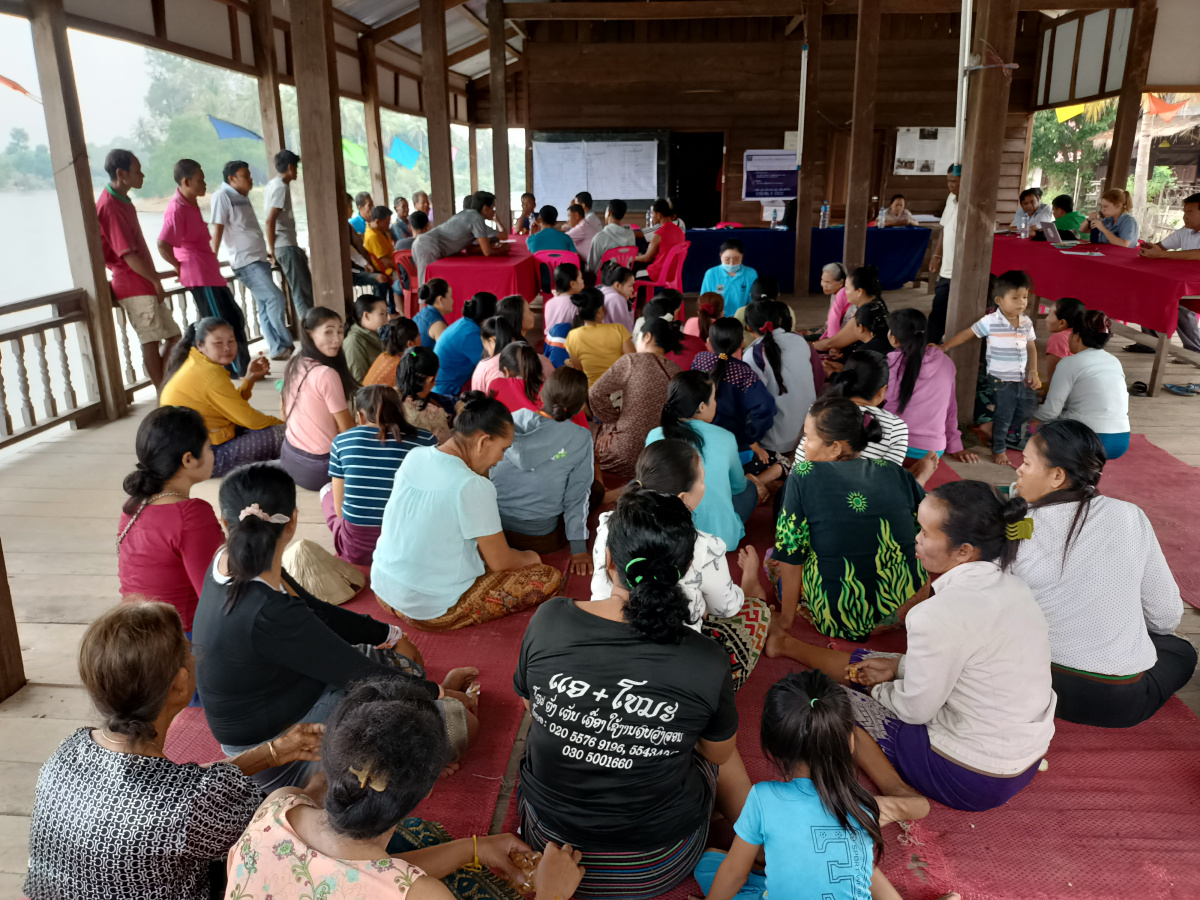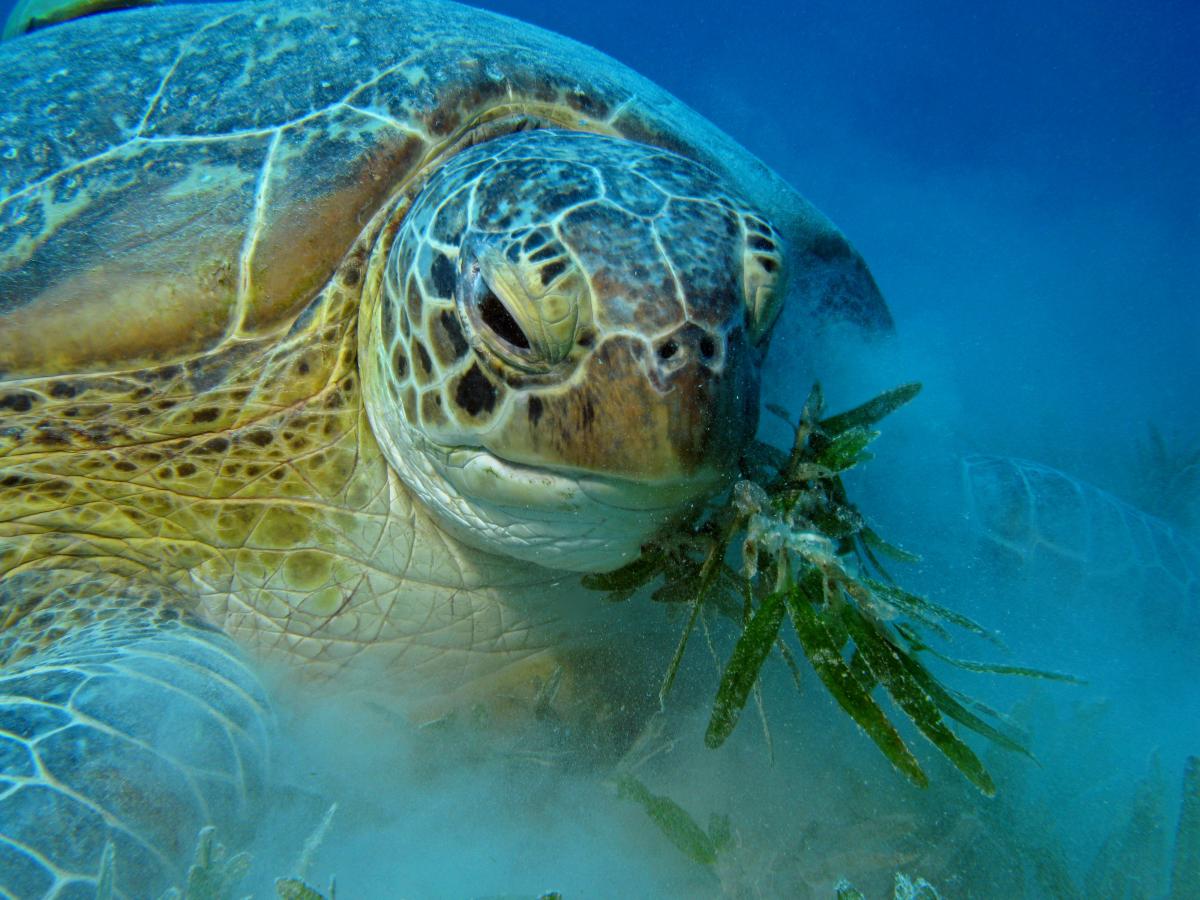Understanding climate threats to communities in Siphandone wetland—Lao PDR’s “four thousand islands”
From February to April 2021, WWF Laos, representatives from Champasak University, government agencies, and community members collected data on the climate impacts on the Siphandone wetland. The preliminary results of the Climate Change Vulnerability Assessment developed under IUCN's Mekong WET project, found that local livelihoods, including rice cultivation, tourism, fishing, and the raising of livestock are dependent on the wetland, and recent events, such as droughts and floods, have had a severe impact on the community’s well-being.
The communities surveyed included Don Xom and Don Khone, island-villages in the wetland that are only accessible by boat. During a series of interviews, community members shared that they have historically had abundant water, fish, and other wildlife, which were sustainably managed for generations. However, in the last two years, both villages have suffered from water level changes in the Mekong River, a result of recent droughts and floods. The events have significantly affected local livelihoods. Agricultural yields were particularly low due to water shortages, and migratory fish did not move through the river as they have in the past, especially during the dry season, resulting in low fish catches.
Climate extremes have also affected ecotourism, with lower water levels decreasing the number of monkeys, birds, pangolins, and other species visiting the wetland. The decrease in biodiversity is also seen in the freshwater fisheries, affecting livelihoods on multiple levels. Tourism in the area has also decreased due to low water levels weakening the flow of waterfalls, one of the main points of interest in the communities.
The results of the Climate Change Vulnerability Assessments will be used to support the identification of livelihood diversification activities to strengthen climate change adaptation and promote community resilience. The identified measures will also be included in the next phase of WWF-Laos’ Siphandone Project to ensure long-term sustainability.
“We would like to promote tourism activities in our village and help the community increase their incomes by offering tour services and selling non-timber forest products and aquatic resources. We also desire to promote our wetland’s conservation for visitors to see wildlife,” said Mr. Banh Inthalungsy, village chief of Don Xom village.
Mr. Bounkerth Khamphihack, provincial coordinator for the Provincial Agriculture and Forestry Office added, “From the government side, we want to promote sustainable wetland development and set up the regulations for long-term sustainability. For us, this is a key first step to promote ecotourism and support awareness-raising on natural resource protection for communities.”
Siphandone, or Four Thousand Islands, in southern Laos represents a hugely important ecological area of the Mekong River. The braided channel slowly winds its way through a region that provides the highest number of fish consumed in the country and is home to the globally vulnerable Irrawaddy river dolphin (Orcaella brevirostris).
The Mekong WET Small Grants fund several wetlands projects in the Indo-Burma region. These initiatives are directly answering specific climate threats to wetland ecosystems, species, and communities using Ecosystem-based Adaptation strategies as the main approach.
About MWET
Funded by the International Climate Initiative (IKI) of the German Federal Ministry for the Environment, Nature Conservation, Building and Nuclear Safety (BMUB), the “Mekong WET: Building Resilience of Wetlands in the Lower Mekong Region” project aims to build climate resilience by harnessing the benefits of wetlands in Cambodia, Lao PDR, Thailand, and Viet Nam.
Mekong WET will help the four countries to address their commitments to the Ramsar Convention, an international treaty for the conservation and sustainable use of wetlands, and to achieve the Aichi Biodiversity Targets.
About IBRRI
The Indo-Burma Ramsar Regional Initiative (IBRRI) was jointly developed by the Ramsar National Focal Points of the five countries (Cambodia, Lao PDR, Myanmar, Thailand, and Viet Nam), and IUCN’s Asia Regional Office, based on specific needs identified in these countries. It was endorsed by the 52nd meeting of the Ramsar Convention Standing Committee in June 2016. The IBRRI aims to support the coordinated implementation of the objectives of the Strategic Plan of the Ramsar Convention. IUCN acts as the Secretariat for the Initiative under the leadership of the Steering Committee, which includes representatives from the five governments and the Ramsar Convention Secretariat as an observer.







